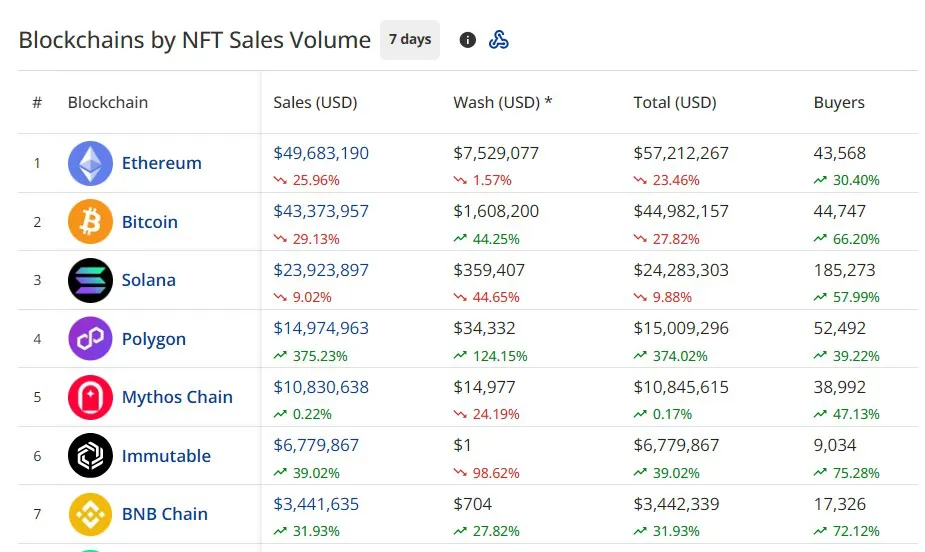Ripple Labs’ United States dollar-pegged stablecoin RLUSD has not launched, but it already has a close rival: Japanese financial leader DMM Group. The firm has teamed up with Progmat Inc. to debut a new stablecoin.
The firms plan to issue the new stablecoin under Japan’s digital asset regulations. This regulation was introduced in June 2023 by the Japanese parliament.
DMM Group And Progmat to Utilize Progmat Coin Platform
Per the plan, the stablecoin will be minted on Progmat Coin’s platform. It complies with Japanese stablecoin issuance and management law. Once issued, the yet-to-be-named stablecoin will be utilized as a reserve currency. It would underpin the project’s treasury pool and serve as a price stabilization mechanism for SMP.
This SMP is a soon-to-be-launched digital asset billed as the primary means of payment within Seamoon Protocol and DMM’s larger portfolio of companies. However, it would not be the only means of payment.
Seamoon Protocol users can also use fiat currencies and credit cards to transact on the platform.
DMM Crypto Inspired to Launch Seamoon Protocol
Speaking about the stablecoin, DMM Crypto CEO Nagato Kasaki explained the inspiration behind the launch of the Seamoon Protocol. He stated that the goal was to create a place for the global community to experience DMM’s cultural universe and co-create new experiences. Kasaki outlined,
“Our consortium’s ability to create dynamic and dependable digital assets, like the planned stablecoin, will enable that vision to come to life. We are grateful for the collaboration and partnership of the esteemed teams from Progmat, which enabled us to pursue this endeavor.”
This plan suddenly sprang up as the launch of Ripple’s RLUSD got closer. As Japanese firms warm up to crypto, one of Ripple’s biggest partners is SBI Holdings, a Japanese financial giant. With RLUSD coming, DMM Group may try to scoop a large Japanese stablecoin market share.
Since the plans are relatively new, it has yet to be clear how far it will go with this new pursuit.
TradFi Launches Stablecoin as Demand Increases
Beyond Japan, Traditional Finance (TradFi) companies are becoming quite receptive to crypto-based solutions. PayPal launched PYUSD, an ERC-20-based stablecoin, on the Ethereum blockchain in August 2023. It later listed it on the Solana blockchain in May this year. The decision to launch on Solana was to make the stablecoin’s transactions faster and cheaper.
Other key offerings include, instant cross-border Peer-to-Peer payments, simplified global payments, and real-time microtransactions. Like Ripple’s RLUSD, PYUSD is backed by US dollar deposits, treasuries, and similar cash equivalents.
These crypto offerings require functionalities, including stability, robust security, and transparency. Stablecoins are touted as crypto offerings that help traders perform seamless transactions. Also, using a stablecoin usually does not attract additional costs beyond the network’s gas fee.
The growing adoption suggests that these companies are drawn to stablecoins’ many advantages.











